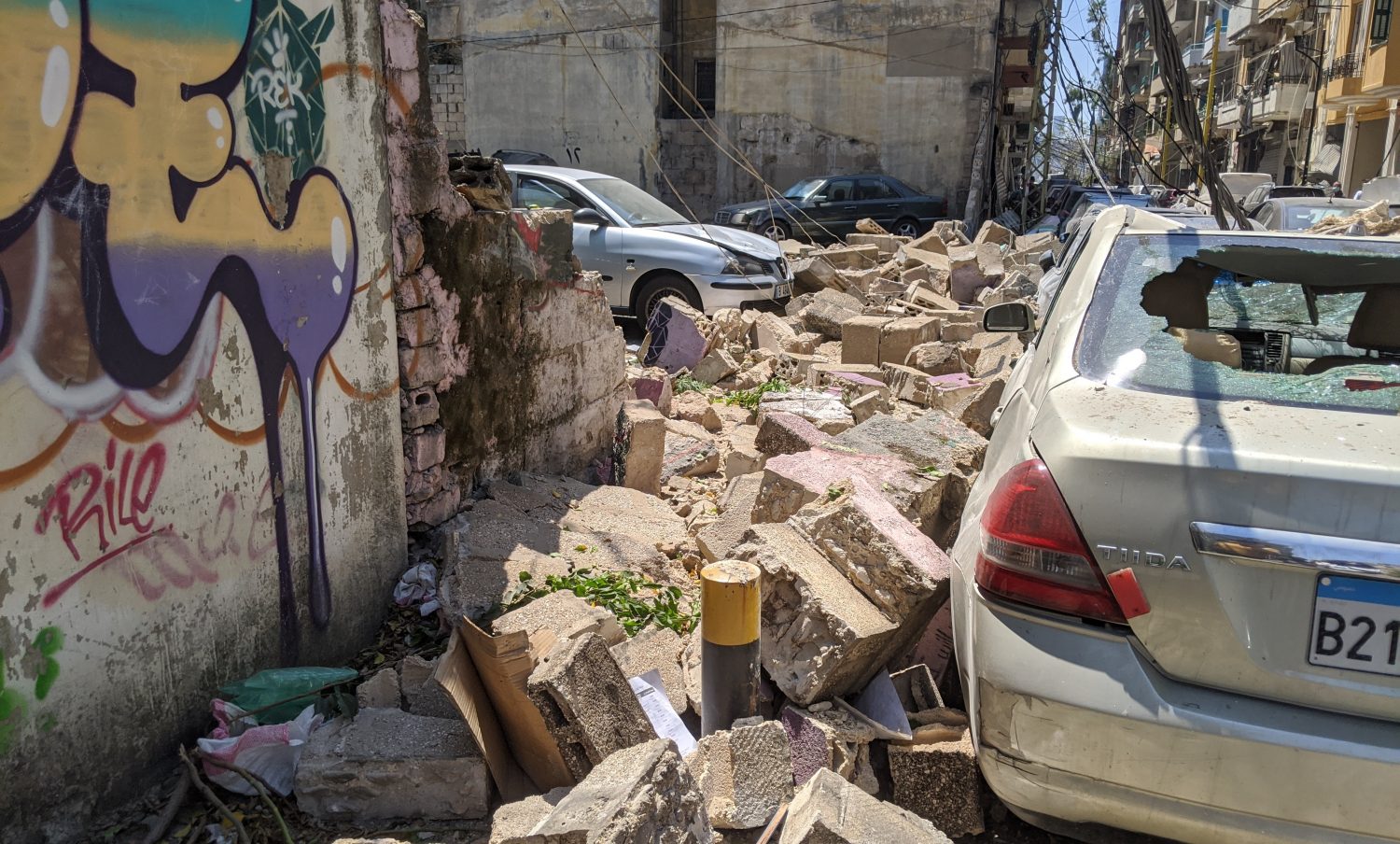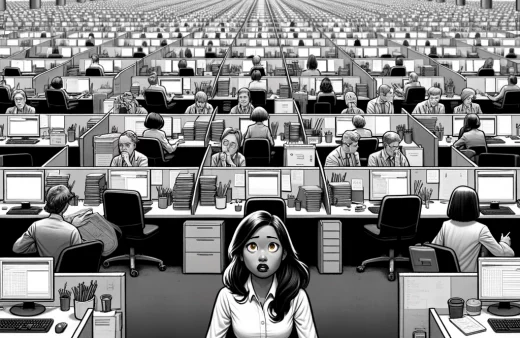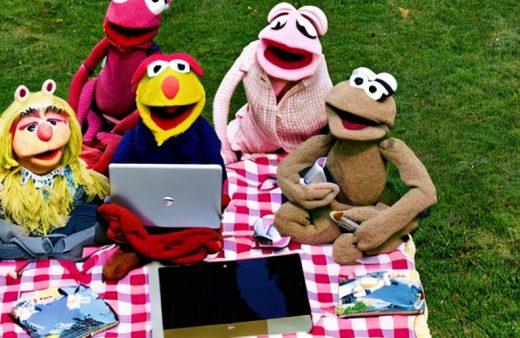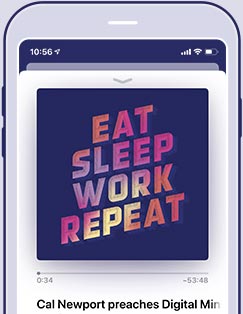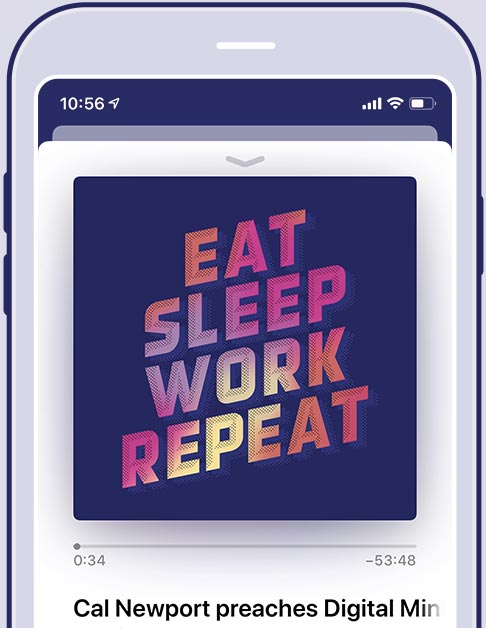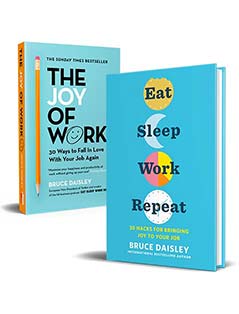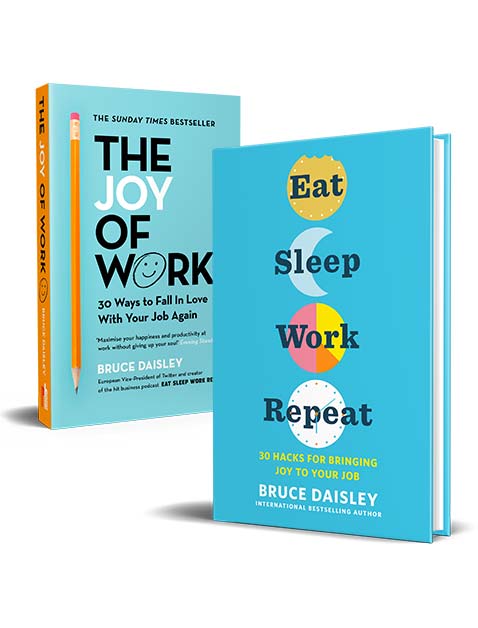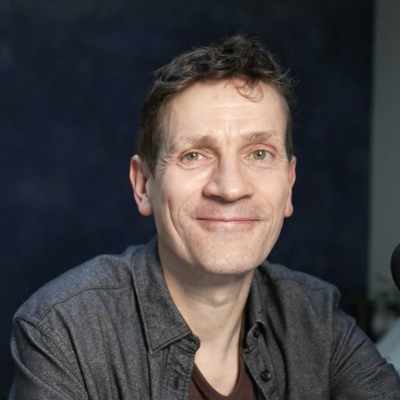Time for rebuilding
I was in Beirut this time last week (I give a first hand account here – this photo was 30 yards from our Airbnb) and I wasn’t going to send a newsletter this week but here’s a selection of some great links I’ve seen in the last couple of days that I’ve loved reading.
DESTINATION BURNOUT: A massive US study of 3.1m adults found that workers are working longer since Covid. Work has seen longer days, more meetings and more emails to answer. The data was drawn from email and calendar data of the vast sample size, distributed across 21,000 different firms. The average workday has increased by 48.5 minutes a day, the number of meetings increased by 13%. The only positive was that meetings tended to be shorter than pre-lockdown – especially in Europe (saving 20 minutes per day). Here’s the survey.
NEW PODCAST: What are we going to tell our teams? I chatted to Creature boss Dan Cullen-Shute about his firm’s new approach to returning to the office (as detailed here) and how he’s intent on forging a new form of creative collaboration in a shortened office-based week. Listen here.
COMMUNITY: the biggest job in companies in 2021 will be Community Builder – someone who is able to build connections between colleagues based on identity and shared mission. If you’re looking for an extra hat in your own organisation asking to be the community architect is going to be of immense value. “Scale, and the endless push for hockey-stick growth, is, I think, one of the core reasons behind the pickle the tech industry is in” – in that context this piece by Sarah Drinkwater on why community and scale are often in opposition to each other is essential.
‘I WAS A DOCKER’: Loved this piece where Danny Donovan talks about how his father’s job on the London docks was made obsolete and yet he found new life after retraining. Danny frames this in the context of the Barclays CEO this week U turning and saying his workers needed to return to Canary Wharf to protect the businesses that had built around them. “The irony is obvious that a new Canary Wharf has been made obsolete by technology, as had happened to the docks which created that landscape in the first place”.
UNINTENDED CONSEQUENCES: Derek Thompson of The Atlantic is always able to bring an original take to our thinking about work. As he says “a lot of white-collar companies are becoming virtual group chats, punctuated by Zoom meetings”. In this latest piece he looks at the ripple effects of the disruptions that 2020 has brought: “Big picture: E-commerce had a big impact on shopping when it officially accounted for just 10% of retail. Now imagine a similar digital revolution for office presence. The implications for workers, housing, and politics could be very big, and very weird”. (Interestingly – for people who follow US politics, he suggests that an exodus from the biggest metropolises will bring blue voters to red states realigning the electoral college against the Republicans. Intriguing).
GET USED TO MASKS? “If immunity to the virus lasts less than a year, for example, similar to other human coronaviruses in circulation, there could be annual surges in COVID-19 infections through to 2025 and beyond.” Masks and remote working could well become a fact-of-life from here out (says a new paper in Nature)
HUMOUR AS AN ESCAPE FROM DESPAIR: “There is something about a horrendous situation that can be mitigated by laughing at it. Historically, many of the greatest comedians have been depressed. Or repressed. Or oppressed. Or all three”. Monica Lewinsky continuing to be the very best of us.
Popular posts you might have missed: The 12 Questions Every Firm Should be Asking, Whiteboarding the New Rules, Office Culture Crumbling Before Our Eyes, Setting a Date for September?
Make Work Better is created by Bruce Daisley, workplace culture enthusiast. You can find more about Bruce’s book, podcast and writing at the Eat Sleep Work Repeat website. Follow my Twitter lists on culture, Lebanon & tennis (and here’s how to swipe between lists on the home TL).

